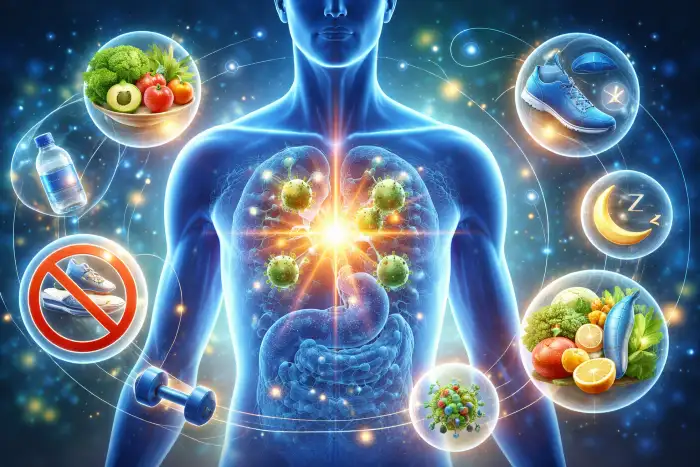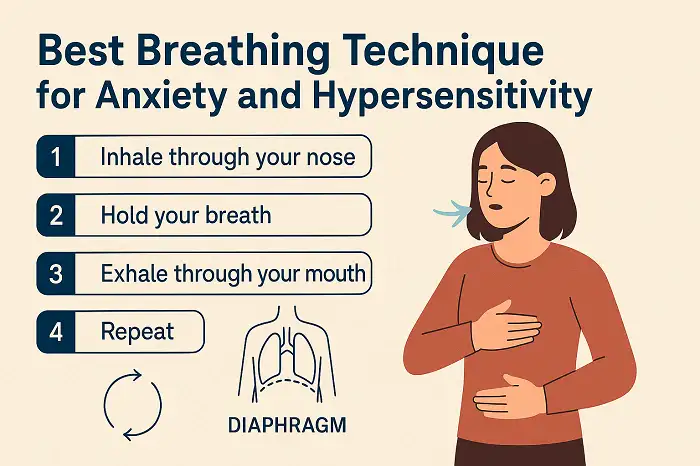Hypertension definition and meaning in context with images and visuals for advanced ESL students /ˌhaɪ.pəˈten.tʃən/ (noun) Hypertension definition abnormally or extremely high blood pressure Video of hypertension Hypertension in context Hypertension and hypotension are two contrasting conditions that affect blood pressure. Hypertension, often referred to as high blood pressure, occurs when the force of blood against the artery walls is consistently elevated. This chronic condition can lead to serious health complications, including heart disease, stroke, and kidney damage. Conversely, hypotension, or low blood pressure, is characterized by a below-normal blood pressure reading. While less commonly severe than hypertension, hypotension can ...
Home » English Vocabulary in Context » Hypertension Definition & Meaning in Context with Images

Hypertension Definition & Meaning in Context with Images
Updated: by Dr. Mohammad Hossein Hariri Asl
Time to Read: 2 minutes | 215 Views | No Comments on Hypertension Definition & Meaning in Context with Images
Share This Post
About the Author
Dr. Mohammad Hossein Hariri Asl is an English and Persian instructor, educator, researcher, inventor, published author, blogger, SEO expert, website developer, entrepreneur, and the creator of LELB Society. He's got a PhD in TEFL (Teaching English as a Foreign Language).
Number of Posts: 4242


